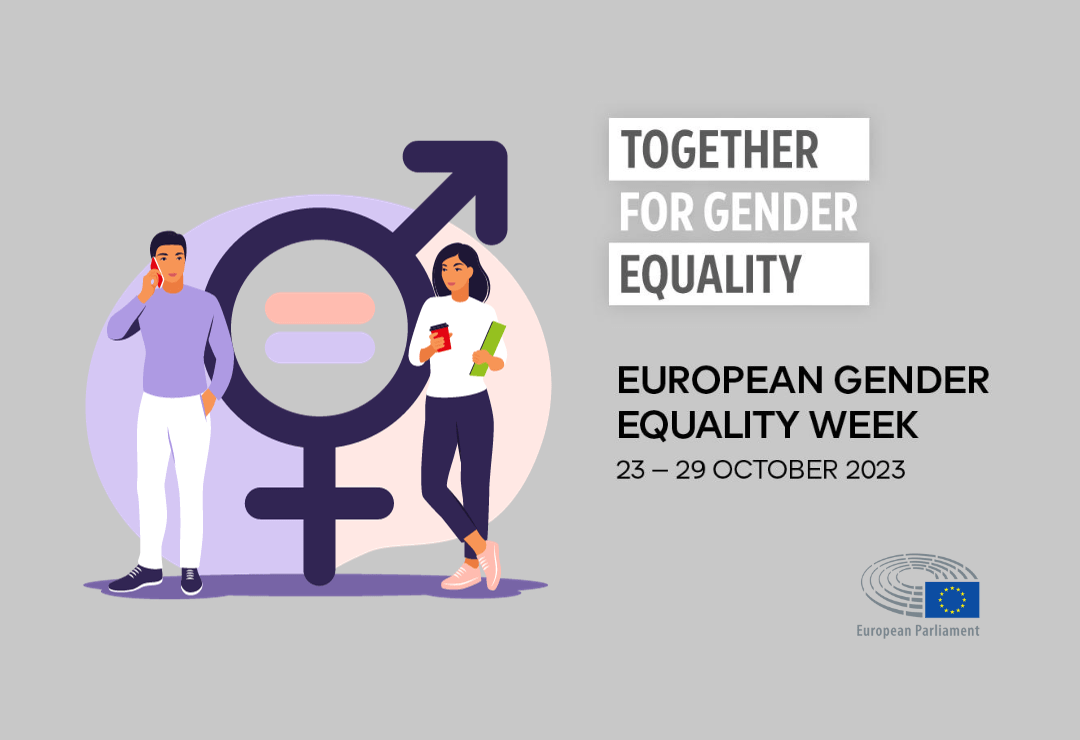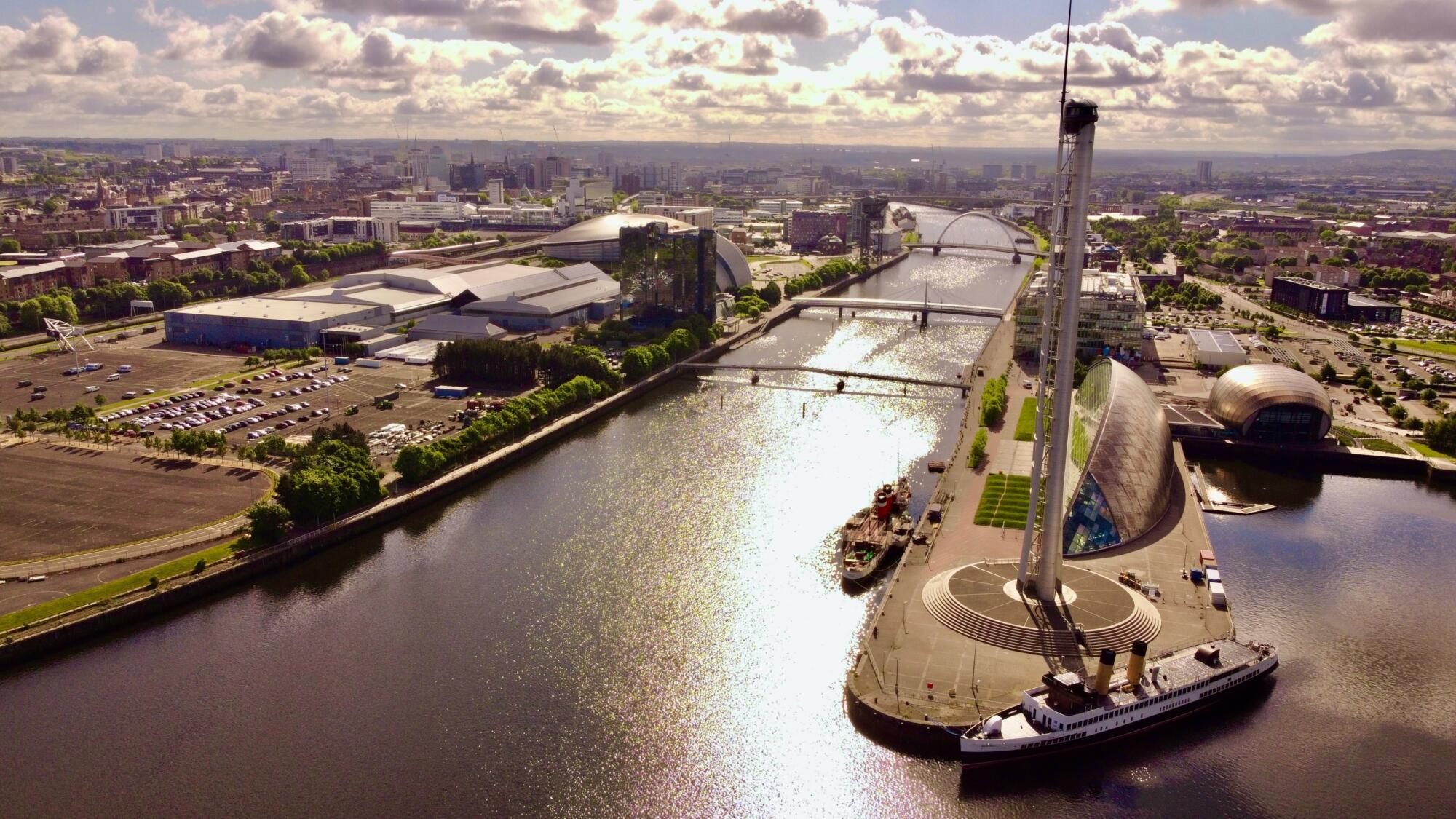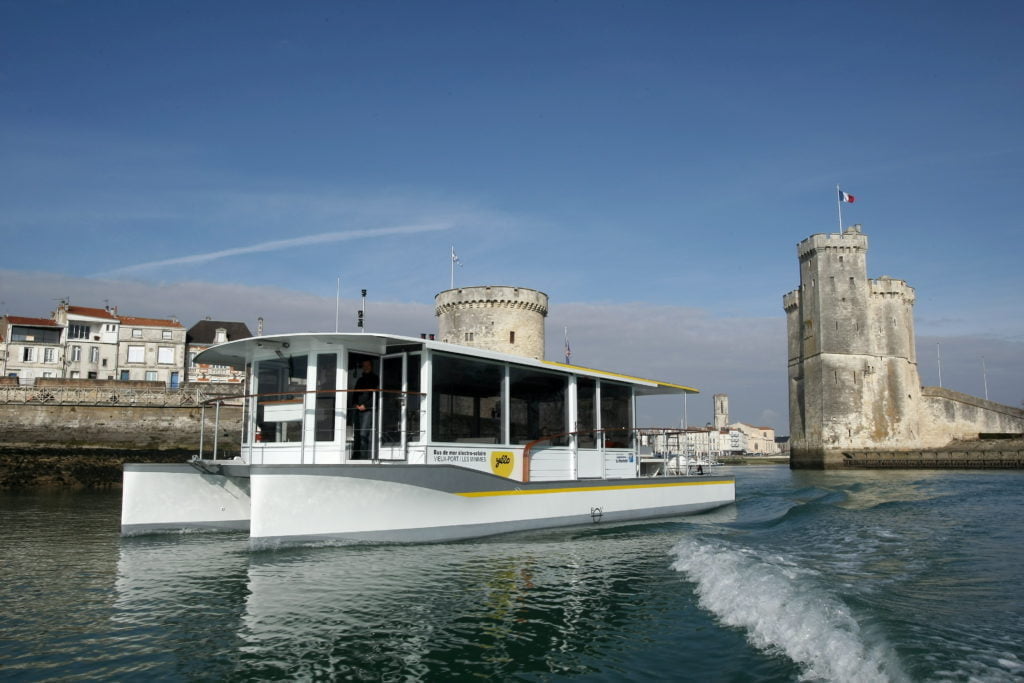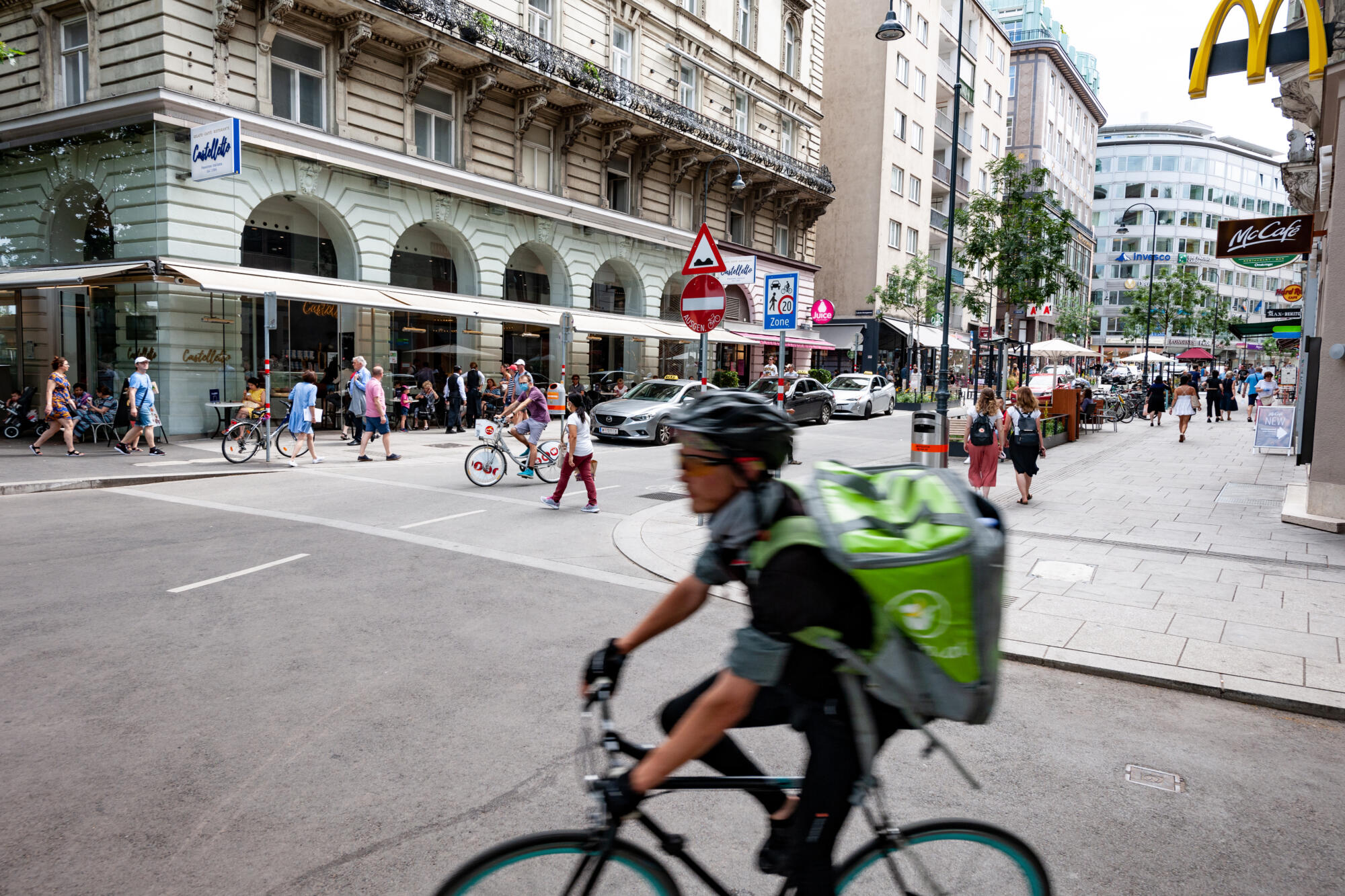European Gender Equality Week holds uncomfortable questions for the transport sector
From 23-29 October is European Gender Equality Week at the European Parliament. As local and regional leaders and voices from the transport sector unite to discuss progress made and challenges ahead, POLIS reflects on why urban mobility needs to take note.
'Not this again!' we hear you sigh. 'It is 2023, equality has been achieved.'
True, when it comes to gender equality, today Europe is performing better than ever before. This year’s Gender Equality Index for the European Union revealed unprecedented progress. With a growth of 1.6 points since 2022, the index has surpassed 70 points for the first time.
Such progress is reflected in our urban mobility landscape, where from Vienna to Umea, Glasgow to La Rochelle, cities of all shapes and sizes have taken transformative steps to create more equal transport and public space.
This is of course to be celebrated, and individuals (both men and women) and organisations across Europe have worked tirelessly to identify inequality and accelerate progress. Women in Transport, Women in Urbanism, TInnGO, TUMI — the list goes on.
However, gender equality is far from 'in the bag'. From reproductive rights to legislation covering sexual offences and cyber violence — it is still squarely a man’s world.
Indeed, while Gender Equality Week celebrates progress, it is also a warning against complacency. Throughout the week, key European political circles, including the Committee of the Regions, the TRAN Committee and the European Institute for Gender Equality (EIGE), held discussions about the current state of play and the actions now needed.
'We often encounter the feeling that we have achieved equality, unfortunately, this is far from the case,' said Yoomi Renstrom, 1st Vice President of the PES Group and Mayor of Ovanaker, speaking at a conference hosted by the Committee of the Regions this week.
At the prevailing rate of advancement in women’s economic empowerment, educational opportunities, and political empowerment, it is estimated that the global gender gap will take over 130 years to fill.
This persisting inequity is reflected starkly in our urban mobility landscape. From public transport timetables to bike-sharing infrastructure, transport systems underserve those with caregiving responsibilities or part-time working patterns- many (or most) of whom are women.
However, it is perhaps the continued gender-based violence in and around transport services which continues to have the most devastating effects. 97% of women in the UK have experienced sexual harassment in public (figures which are reflected across Europe), with figures for men far lower.
This gender-based violence is also directed towards trans, gender non-confirming and LGBTQ+ individuals- who are 3.5 times more likely to feel unsafe in transit and on the way to railway stations.
As Dr Martin Zebracki, co-author of ‘Queer mobilities: critical LGBTQ perspectives of public transport spaces’, outlined in a recent interview with POLIS, violence emanating from the 'Hetero-patriarchy' has repercussions for multiple communities.
This does not just come at a personal cost, it creates a significantly higher financial burden, with many paying far higher costs for transport to avoid violence (what has been referred to as the Pink Tax in Transport). Taxi or risk the metro home after a night out? Which would you choose?
Equality starts from the top
Gender-equal mobility cannot be achieved without a more diverse leadership and workforce.
As the EIGE’s latest index reveals, some of the biggest divisions can be seen in the labour market- where segregation, pay gaps and women’s outsized caregiving responsibilities persist. The labour market remains as gender-segregated as it was a decade ago. It is no coincidence that this year’s Nobel Prize for Economics went to Claudia Goldin, for her work exposing the causes and repercussions of rooted wage and labour market inequality between men and women.
Here, transport is a leading offender- and is being severely hampered by its inability to address its gender imbalance. In Europe, women represent less than 20% of the global transport workforce and a fragment of its leadership, both in the public and private sectors.
Over 100 of the world’s economies have at least one restriction on women’s employment and 19 have specific restrictions on their work in the transport sector. Given the sector’s current skills and workforce shortage, 'shooting ourselves in the foot' does not even cover the hole we are digging for ourselves.
Municipal politics too does not perform much better. In Europe, female mayors head less than a quarter of the continent’s big cities- a disparity displayed vividly by the EIGE’s latest review, which shows only Iceland’s local political gender balance anywhere near achieving parity.
As POLIS’ report, 'Gender Imbalance in the Transport Sector A Toolkit for Change' published this year revealed, women- often in countries popularly perceived as gender equal- are routinely marginalised from the transport labour market and locked out of career progression opportunities.
Surveys and interviews with individuals across every transport mode — from cycling to aviation — revealed that despite a more robust gender equity policy landscape, change is failing to materialise on the ground.
Indeed, across the research, women transport leaders shared intimate accounts of their struggles to get a foot on the career ladder, and the disparaging- and even degrading- treatment they encountered and continue to encounter.
This is not to suggest that women in the transport sector can, or must, represent the views of all women, and shoulder responsibility for gender mainstreaming agendas. As Evelyn Regner, European Parliament Vice-President, reiterated at the Committee of the Regions this week, gender equality is not solely about women or a binarised relationship between men and women; it is about how gender identity shapes individual and collective experiences. The patriarchy hurts men too.
Nonetheless, a more diverse transport workforce and local political leadership — in every sense of the term diversity — are instrumental in creating the cities we urgently need. You cannot serve a population you do not reflect.
What is next? It’s time to get determined about the data
European Gender Equality Week hosted intense debates about what is needed to accelerate progress. From the utility of quotas to male allyship, there were of course clashing opinions. However, one thing which rang out clearly was the need for more — and better — data.
As Yoomi Renstrom articulated this week, 'Recommendations won’t change the world, we need action.'
Yet, while we all may think we know the problem, the EIGE’s latest index reiterates the necessity of clear and comprehensive data on gendered mobility patterns and diversity in the transport workforce.
With data, we can drive political movements. With data, we can see where we are going right, and where we are going wrong. With data, we can create binding measures.
It is not just quantitative data demanded. Qualitative, lived, accounts of urban mobility services and workplace dynamics will aid a collective understanding of the impacts of transport and how policies and practices can be improved.



